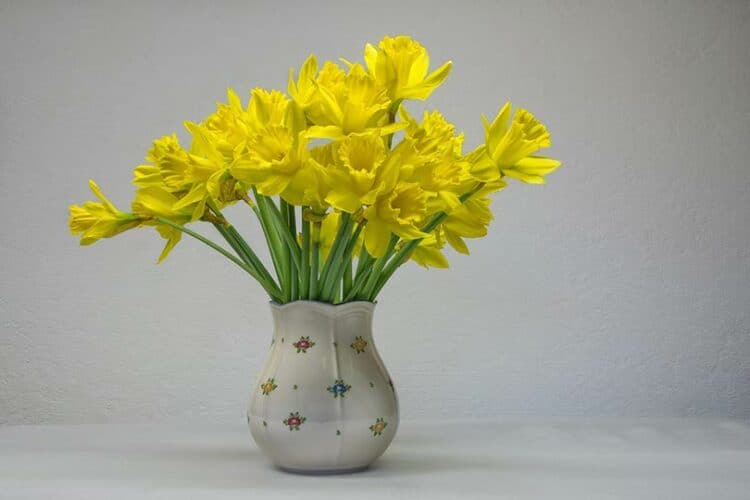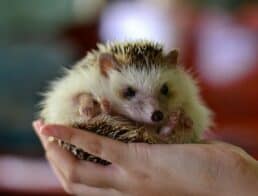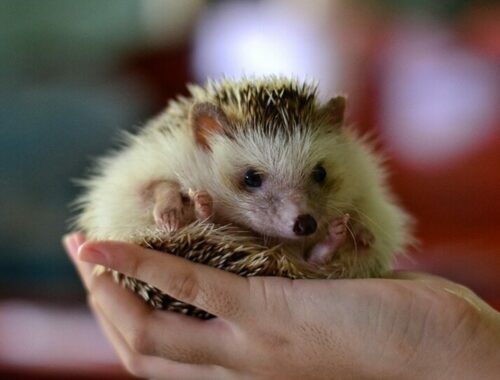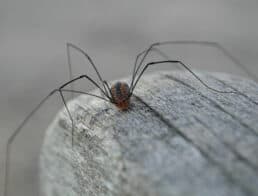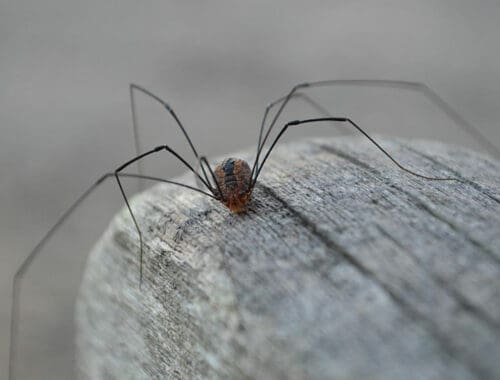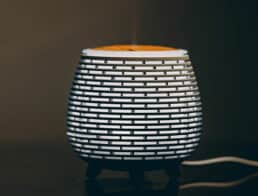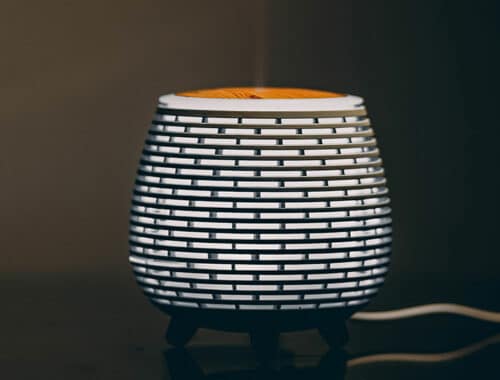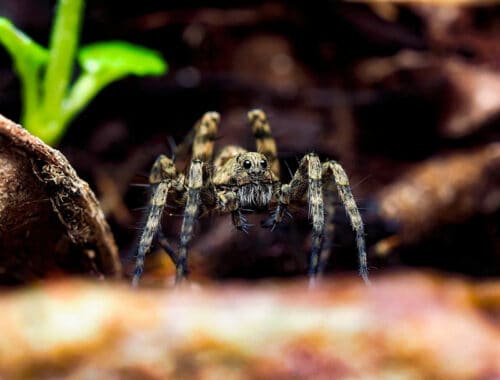Introduction
Daffodils are part of the Amaryllidaceae family—a category of plants that are mostly toxic to cats. Other plants in this family include Amaryllis, all types of lilies, most bulbed flowers, and allium vegetables such as onions, leeks, and shallots. All of these plants are harmful for felines and some can be toxic even in small amounts. If ingested, daffodils can cause nausea, vomiting, shivering, and even trouble breathing and heart arrhythmia. Continue reading to learn what to do if your cat eats a daffodil.
What To Do If Your Cat Eats a Daffodil
All parts of the daffodil plant are poisonous to cats, but the bulb is where the toxins are the most concentrated. If you suspect your cat has eaten a daffodil, remove any residual bites from their mouth if possible, collect samples of the plant, and call the Pet Poison Hotline at 1-855-764-7661 or the Animal Poison Control at 1-888-426-4435. Tell them how much you think your cat ate and closely supervise your cat for adverse symptoms.
Depending on the plant and the severity of the poisoning, you probably will have to take your kitty to the vet. The veterinarian can give them vomit-inducing medicine or charcoal to absorb the toxins. If your cat becomes dehydrated from vomiting and diarrhea, your vet may also give them intravenous fluids.
It’s important to treat potential poisoning as a medical emergency; the earlier your vet can begin treatment, the more likely your cat will survive.
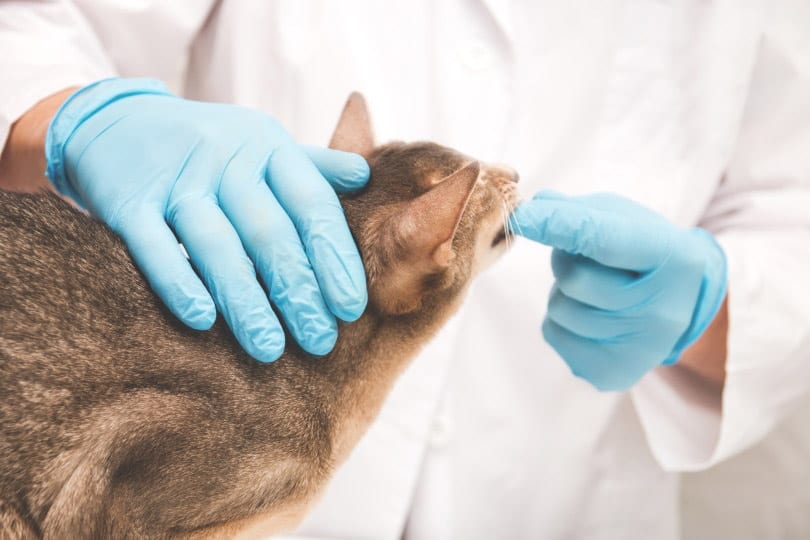
What Flowers Are Poisonous to Cats?
Almost all bulbs are poisonous to cats, such as daylilies, amaryllis, and crocus. Easter lilies and poinsettias are two plants common around Easter and Christmas time that are highly toxic to cats. Mistletoe and holly are even more hazardous than poinsettias. All parts of these plants are toxic to cats, including the berries. Even though they’re beautiful traditions, it’s best to keep these plants away from your centerpieces and mantles, opting for alternative decorations or artificial flowers instead.
Other popular plants that are poisonous to cats include azaleas, chrysanthemums, hyacinth, and English ivy. For more information, visit the official website for the ASPCA and read their Toxic and Non-Toxic Plants List.
How to Prevent Your Cat From Chewing Through Your Garden
Ironically enough, gardening seems to be synchronous with owning a cat. One benefit of having a cat in your garden is that they control and eliminate garden pests such as lizards, mice, and some bugs. Cats also enjoy sunning themselves and can find escape in your landscaped paradise.
However, you also don’t want your feline munching on your finely cultivated plants you’ve painstakingly raised from seed—at the risk of harm not only to the plants but also themselves since so many plants are toxic to cats. Luckily, you don’t have to abandon your pets or plants. Use these tricks to help them peacefully coexist:
- Spritz lemon-water or scatter citrus peels on the plants you want your cats to avoid. Citrus is harmful for cats to ingest, but unlike your funky-looking houseplant, cats won’t be tempted by lemon or limes. They actually hate the smell.
- Depending on the toxicity level of the plant, keep potentially harmful plants out of your cat’s reach or eliminate them from their environment altogether. If you have an indoor-only cat, the simple solution is to keep the lilies outside. If your cat is a wanderer however, you should probably keep extremely toxic plants out of your garden altogether. If the plant will only cause mild problems if ingested, you might want to try the lemon-water or citrus peels to deter your curious cat.
- Grow alternative plants you and your cat will enjoy. Lemongrass, catnip, and cat-grass are feline-specific plants you can cultivate just for their enjoyment. These plants are completely safe for your cat to eat and they will enjoy getting high off the catnip (don’t worry, it’s safe and legal for them to do so).
Conclusion
Daffodils are one of many plants that are toxic to cats. If your feline likes to browse around your garden, make sure poisonous flowers are out of their reach or plan your plots accordingly. Call the Pet Poison Hotline or your veterinarian immediately if you think your cat may have eaten a poisonous plant. Your cat’s prognosis will be determined by what they ate, how much, and if you treat it in time.
Featured Image Credit: Pixabay


